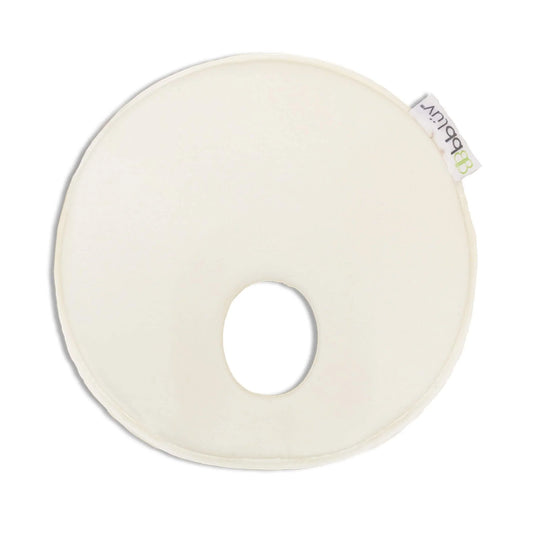How do I know if my baby is sleepy and ready to go to sleep?
Even though your little one doesn't speak yet, he or she is able to communicate with you when he or she is tired, ready to sleep, or too exhausted to fall asleep. Learning to recognize your baby's sleep signals is very important to avoid over-tiredness. Unlike adults, babies become hyperactive when they are overtired and therefore have a hard time getting a good night's sleep.
Your little one's sleep cues
Have you ever wondered why your baby can't sleep even when he's exhausted? The answer is that the more exhausted he is, the worse he'll sleep and the harder it will be for him to fall asleep . An over-tired baby has a hard time connecting his sleep cycles and will therefore experience more frequent nighttime awakenings and short naps.
On the contrary, a well-rested baby sleeps more, falls asleep more easily and wakes up less during the night.
So, since your little one cannot express with words when he feels tired , it is essential to know how to read the signals he gives you, especially in the newborn stage when naps and nighttime sleep have not yet been consolidated . After 3 or 4 months of life, it is necessary to strike a balance between recognizing sleep signals and paying attention to sleep windows according to your baby's age.
Signs your baby is tired:
- stare
- pink eyebrows
- lost look
Signs your baby is ready for a nap or nighttime sleep:
- agitation
- big yawns
- rubs his eyes
Signs that your baby is overexerted :
- shouting
- rigid body
- pushes you
Keep in mind that this list will help you in a general way, as all babies are different and develop their own combination of signals to express what they need or how they feel. Over time, you will be able to identify the way your little one communicates with you and you will know when it is time to put him to sleep.
Tips to avoid over-fatigue and improve your baby's sleep
Identify if your little one is overtired
A well-rested baby is in a good mood, falls asleep easily, has a good appetite, is easily soothed and takes restful naps. On the other hand, an overly tired baby has a hard time falling asleep , does not sleep well at night, shows little interest, has frequent tantrums, experiences short naps and a lack of appetite.
Bring forward nap time
As soon as your little one shows signs that he is ready for a nap, don't wait until he is overtired to put him to sleep . Move his nap time forward so he can be relaxed enough to fall asleep and sleep longer.
Bedtime routine for daytime and nighttime sleep
The more tired your baby is, the more he fights against sleep. This leads him to experience short naps (between 30 and 40 minutes) and it is even very common for him to wake up around 11 or 11:30 pm . So, because he is overstimulated, it is possible that not even a milk will calm him down and he will have trouble falling back to sleep.
A very important part of your bedtime routine is the time when your little one can relax . Make time for this to happen: dim the lights, sing calming songs, or rock your little one while reading a book.
When your baby has a very short nap, give him a good relaxation routine before putting him to bed at night and, if you see that he is very tired, move the bedtime up by about 30 minutes.
Naps at home
If you notice that your son or daughter frequently follows a pattern of excessive tiredness, if possible, try to make sure that they take naps in their usual place . Always pay close attention to their windows and sleep signals.
Put your baby to bed early at night
Your little one will sleep better, longer and cry less if you put him to bed early – a good time is between 7 and 8 pm . If you put him to bed too late, he will be too tired and stressed to fall asleep. This is because after 8 pm your baby has an increase in cortisol (the stress hormone), so his energy is also heightened.
So when this happens and your little one is still awake, it will make bedtime very difficult even when he is really exhausted. If you usually put him to bed after 9 or 10 pm, move his bedtime up about 15 minutes for 4 days , and you will start to see results.









